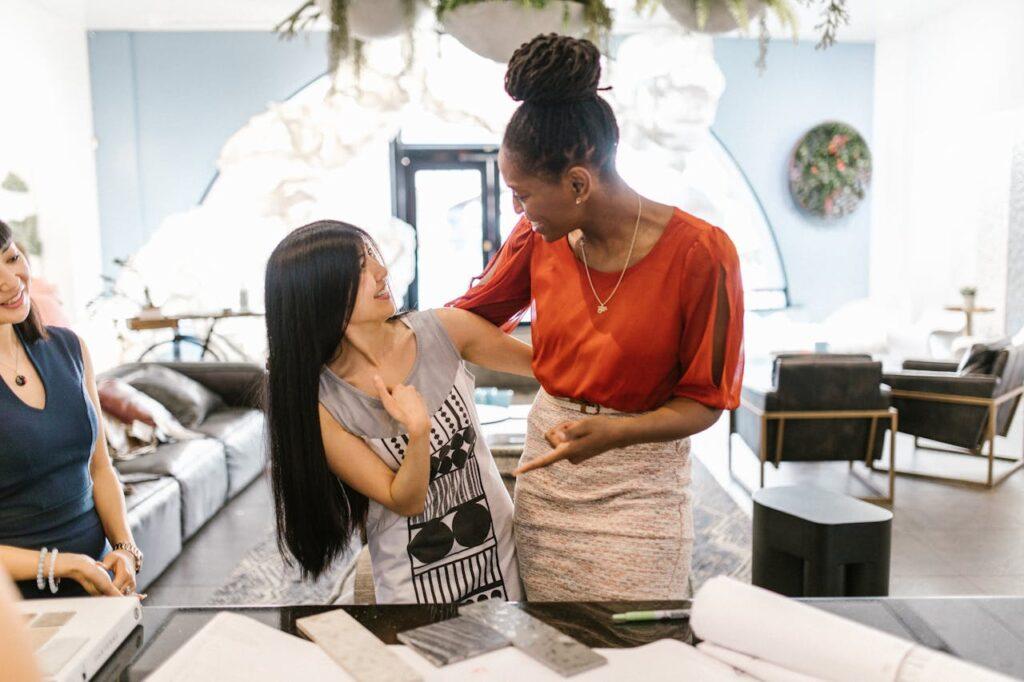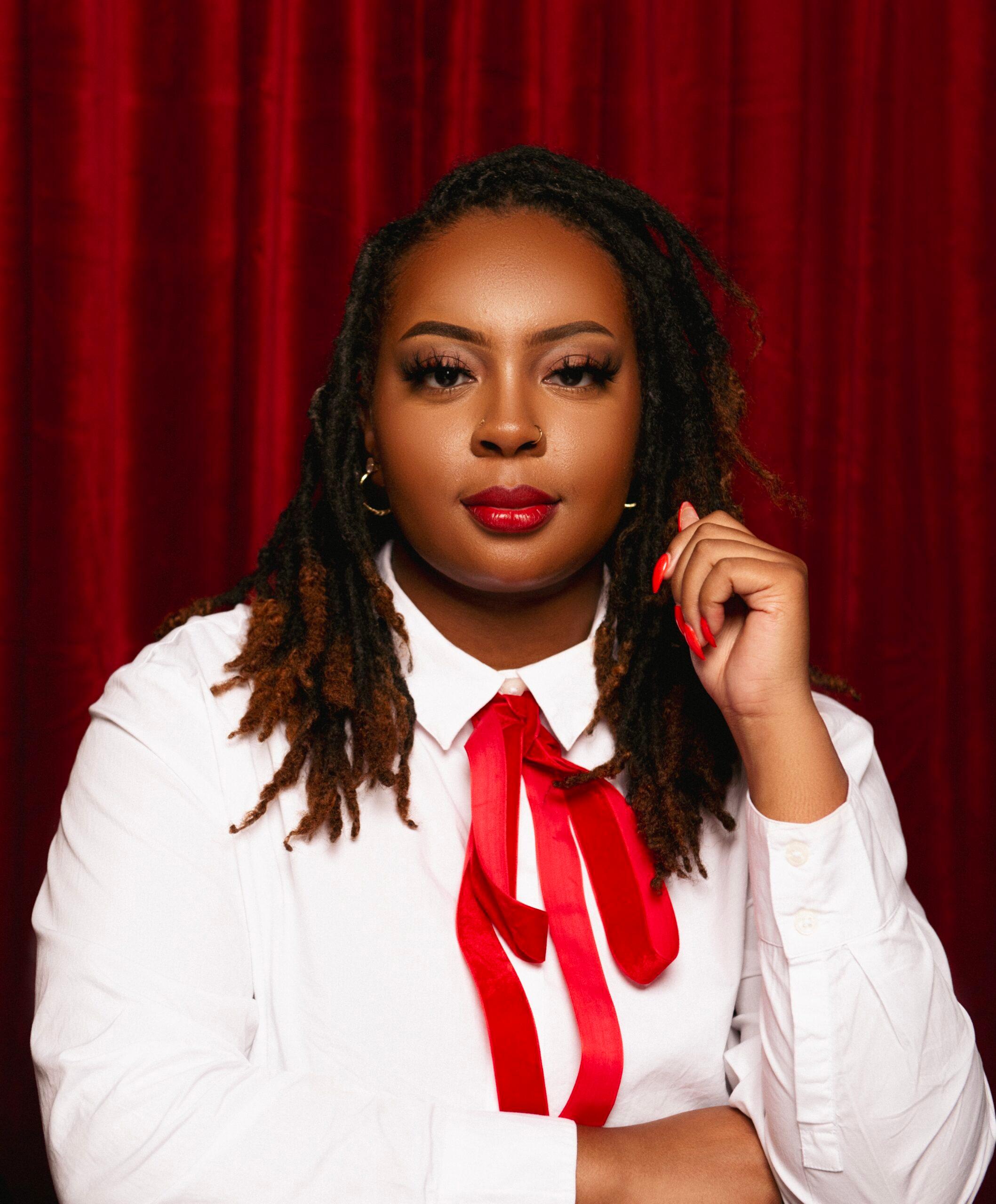Exploring Code-Switching And How Black Women Are Coping

The “angry Black woman” stereotype has chased Black women around for decades and young Black women are feeling even more stressed to conform. The pressure comes from all corners of life, especially in the workplace.
Eniola Ibsanmi, a 27-year-old implementation specialist, is certain that she was not able to express herself freely at a former place of employment, while her white co-workers could. “When I expressed any type of disagreement, it was always escalated directly to my manager,” she recalled. “I would give specific examples of [a] person or when other people have disagreed in the same sense and they were listened to or promoted and how it wasn’t the same for me. And we could not come to an agreement there even though the evidence was [there].”
She also shared that she left those conversations feeling she’s been “typecast” as the confrontational, lazy, and unprofessional employee.

There’s a misconception that because a woman is Black, she subscribes to a sassy, domineering, no-nonsense attitude. Janice Asare of Forbes wrote that the stereotype has roots dating back to shows like 1950s classic “Amos and Andy,” in which Black women were depicted in this way.
Tori Ector, an assistant athletic director for inclusion and belonging, identifies with being misunderstood in the workplace. She also shared that she felt like she couldn’t show up to work as her authentic self with a previous employer. “The encounter was with a supervisor who was addressing my body language and stating that I seem disinterested when I don’t make comments during work meetings and calls.”
Much like Eniola, when Tori asked for examples, she said her boss could not provide any. “[I] asked her to give me an example of a colleague whose behavior I should emulate. She did not have a response.”
What are women like Eniola and Tori expected to do?
Code-switching, at minimum, is the act of switching languages (or variations of language) in conversation, and for Black women, it also expands to adjusting their wardrobes, hair, and body language to appease standards set by White people. Workplace and societal expectations have surpassed language, as Black women are deemed unprofessional for existing.
Millennial Black women may face a challenge they never considered. In addition to language code-switching, they may find themselves having to mask their emotions. This brings about the extra task of emotional code-switching.
Love And Emotional Code-Switching

The need for code-switching has also found its way to romantic relationships. A consumer communications manager, who wanted to remain anonymous, shared that she feels romantic partners apply the stereotype to her. “I think Black women get the label of ‘crazy’ when they stick up for themselves in a way that’s not copacetic or soft,” she stated.
She also revealed that it was only after hearing “Triggered” by Jhene Aiko that she felt empowered to stand up for herself. “I’ll never forget feeling like black women finally were empowered to own up the fact that ‘yes, you hurt me with your actions.’”
Eniola echoed the same sentiments in that she experienced double standards with a partner who found certain behaviors attractive when it was women of another race, but not when it was her. “I said, ‘This is crazy because if I were to ever try that, I would immediately be cast down as ‘angry,'” she shared.
The way Black women are perceived can affect their chances of having a healthy love life. “Black women have always had to be mindful of how we show up in the world and our desirability is no exception,” Kelle Salle wrote for Refinery 29. “The struggle Black women face during the wait for love is also exacerbated by the historically complex relationship most of us have had with expressing our emotions.
After having to regularly fight stereotypes and mask their emotions, Black women are searching for ways to cope. It is common for Black women to suppress their feelings. However, The Jed Foundation, a mental health non-profit, suggests prioritizing your feelings and self-care. This can look like attending therapy, finding hobbies, or daily journaling. While waiting on progression, advocating for yourself and your mental health is vital.






